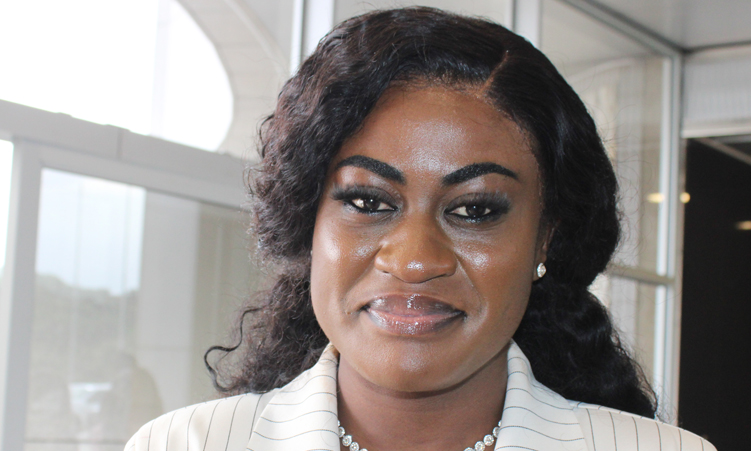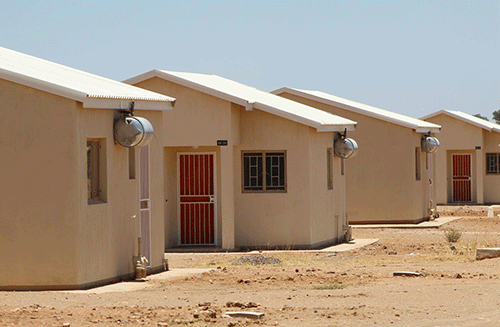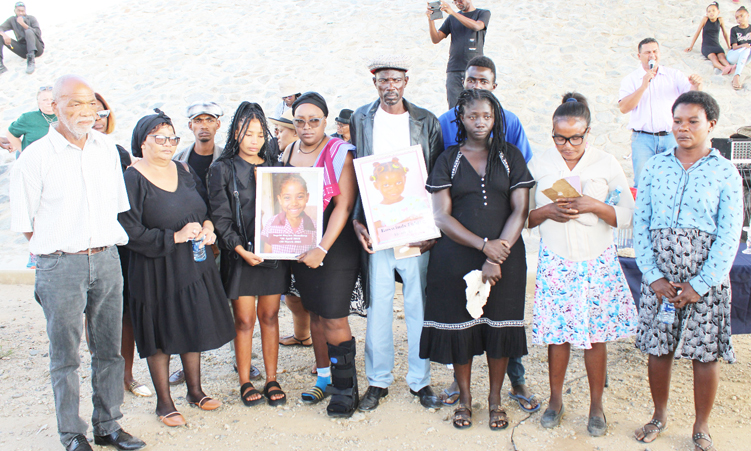PRESIDENT Kenneth Kaunda of Zambia was reported to have threatened to resign if Zambians continued to abuse alcohol.
Apparently Zambians responded favourably, at least well enough for the president to stay on. I believe that any contemporary head of state will try the same trick only at the risk of signing their own political death warrant. For not even their own Cabinets will take them seriously.I was privileged to attend a birthday party at one of the local hotels recently. The mood was right and when drinks were served amid the pomp, everyone ordered what they pleased. When I indicated to the waitress that I would take a soft drink, the host came over to personally welcome me and she emphasised that all drinks would be on the house. When the neckties were loose, she came to sit at my table for a conversation and asked me whether I had stopped drinking. When I said that I never used alcohol in my life, she took a serious look at me and said: ‘Not even my 15-year-old daughter will believe you!’ I said jokingly: ‘Yes, only my 15-year-old daughter will believe me, because she knows I do not take alcohol.’Societies are caught in the throes of their own contradictions. We discourage the very things that we encourage through practice. A few years back I followed a debate in the Namibian Parliament on the wisdom of allowing shebeens to operate, licensed or not. This debate played against the backdrop of a nation-wide police swoop on shebeens. I was initially surprised when members of parliament understood the need for the continued existence of shebeens, while some members of society complained about the negative impact of shebeens on society. The debate ensued in the larger society until some of the shebeen owners started the campaign: for every shebeen closed, a bottle store will close! The message hit home and it was time-out for the debate on the closing of shebeens. Last week I interacted with someone in the Gobabis Police force and she confirmed that indeed shebeens function somewhat legally in Gobabis. However, they have different curfews. Those that are unlicensed close by midnight and those that are licensed close at two in the morning. This seems to be the case in Windhoek too. You see the City Police closing in by midnight at Simon se Gat and at the Herero Mall while the very regular patrons of these places move over to other shebeens that are open until sunrise. The question is, does society regard the use of alcohol as a blessing or a curse? While the after-effects of the use of alcohol are more often than not regrettable, business in Namibia prospers in part as a result of the sale of alcohol. Poor families, mostly headed by single mothers, are able to send children to school and to keep food on the table because of the sale of alcohol to people. Go to state banquets, national trade fairs and public cattle auctions and you will find that the use of alcohol is wholesale. Normally, when a party doesn’t have enough alcohol the guests leave early, not for home, but to places where they are regular patrons.Alcohol use has become a culture to Namibia like in many nations of the world. Alcohol trade has become a reliable source of income for the prosperous and the struggling entrepreneur alike. It will be self-deceit not to admit this and treat this unfortunate necessity as such. I wonder what the position of the churches is on this matter?
Stay informed with The Namibian – your source for credible journalism. Get in-depth reporting and opinions for
only N$85 a month. Invest in journalism, invest in democracy –
Subscribe Now!










